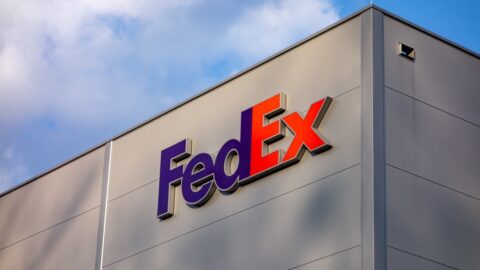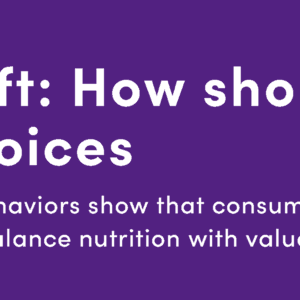The National Retail Federation (NRF) is forecasting U.S. retail sales growth of 2.7% to 3.7% in 2025 compared to the previous year, reaching between $5.42 trillion and $5.48 trillion, according to the NRF State of Retail & the Consumer. If consumers spend at the high end of the scale, 2025 would exceed the 2024 growth rate of 3.6%, and even at the low end will outstrip last year’s $5.29 trillion in sales.
Non-store and online sales, which are included in the total figures, are expected to increase by 7% to 9% year over year, reaching a total between $1.57 trillion and $1.6 trillion. In 2024, these sales grew 8.1% for a total of $1.47 trillion.
The healthy 2025 forecast comes even as the economy is struggling with uncertainty over tariffs and other macroeconomic factors, including a decline in consumer confidence. In fact, NRF is expecting GDP growth to fall just below 2% this year, down from a 2.8% growth rate in 2024 and below the trend of the past few years.
“Any way you look at it, a lot is riding on the consumer,” said Jack Kleinhenz, Chief Economist at NRF in a statement. “While we do expect slower growth, consumer fundamentals remain intact, supported by lower unemployment, slower but steady income growth and solid household finances. Consumer spending is not unraveling.”
Advertisement
Tariff-Induced Inflation Remains a Concern
With the implementation of tariffs, the NRF expects PCE (personal consumption expenditures) inflation to remain at its current level of approximately 2.5%, but the association believes household balance sheets are in good shape, with delinquencies on auto loans and credit card payments rising but remaining in line with pre-pandemic trends. As a result, consumer credit should remain healthy as long as the labor market remains solid.
“It’s the hard data on employment, income and tariff-induced inflation — not consumer sentiment — that supports our view of a slower trajectory for consumer spending,” said Kleinhenz.
“Overall, the economy has shown continued momentum so far in 2025 — bolstered by low unemployment and real wage gains,” said Matthew Shay, President and CEO of the NRF in a statement. “However, significant policy uncertainty is weighing on consumer and business confidence. Still, serving customers will remain retailers’ top priority no matter what the economic environment.”















